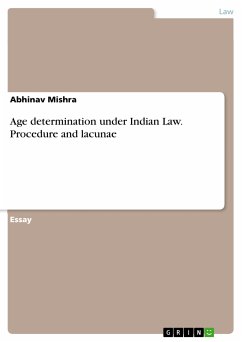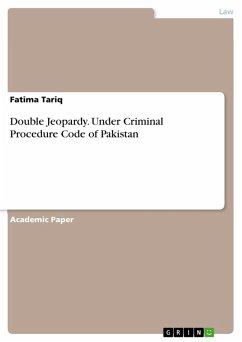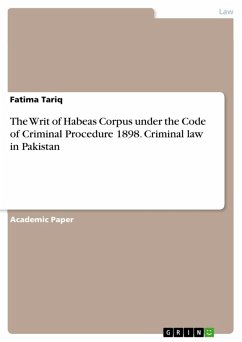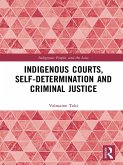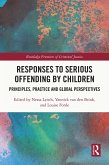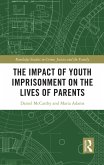Essay from the year 2019 in the subject Law - Criminal process, Criminology, Law Enforcement, grade: 5.2/7, Damodaram Sanjivayya National Law University, language: English, abstract: The essay analyzes of the procedure for determination of age, approach of Indian courts in age determination and the lacunae in the procedure. Age determination is of paramount importance for ascertaining whether an accused comes within purview of Juvenile Justice Act, 2015 or not. The 2015 Act gives some special privileges to juveniles accused of committing a crime. Importance of age determination has further increased after the introduction of "judicial waiver" system which allows treatment of juvenile offenders as an adult if they are accused of committing a heinous crime (between 16-18 years of age). The provisions for age determination lean heavily in favour of juvenile offenders. The Child Welfare Committee (CWC) has been given wide powers in this aspect. If an accused, by his appearance, appears to be a child below 18 years, then the committee shall record the approximate age and proceed without any further inquiry. If there are reasonable grounds for doubting the age, then the committee relies upon matriculation certificate or birth certificate. Only in the absence of birth certificate or relevant school documents, the committee decides to go an ossification test or other medical tests for determination of age.
Dieser Download kann aus rechtlichen Gründen nur mit Rechnungsadresse in A, B, BG, CY, CZ, D, DK, EW, E, FIN, F, GR, HR, H, IRL, I, LT, L, LR, M, NL, PL, P, R, S, SLO, SK ausgeliefert werden.

